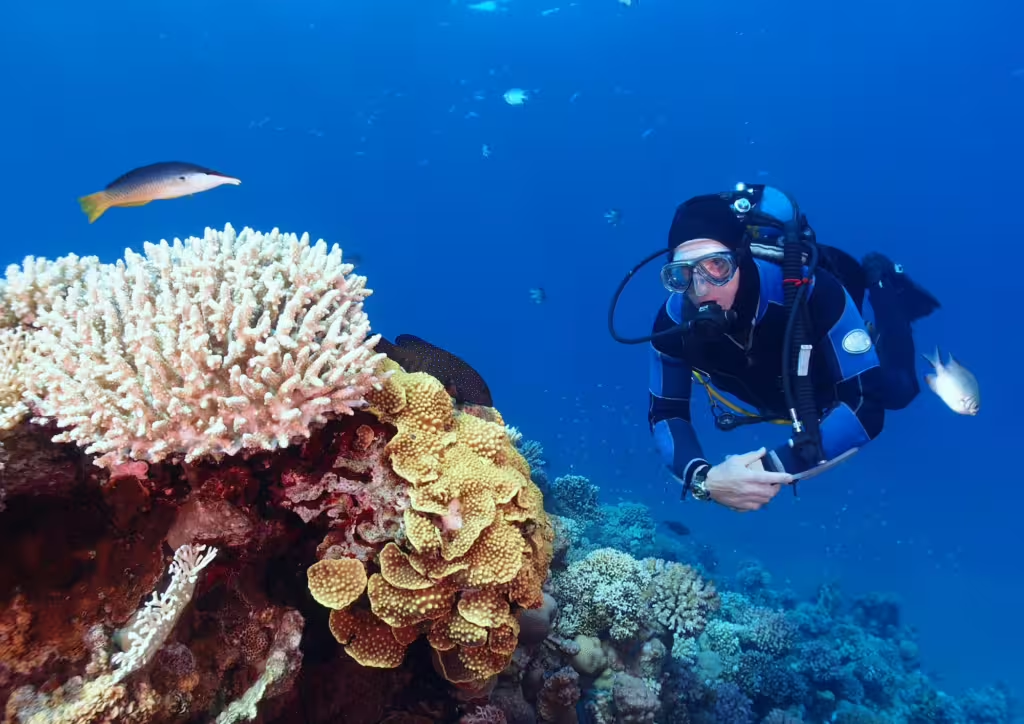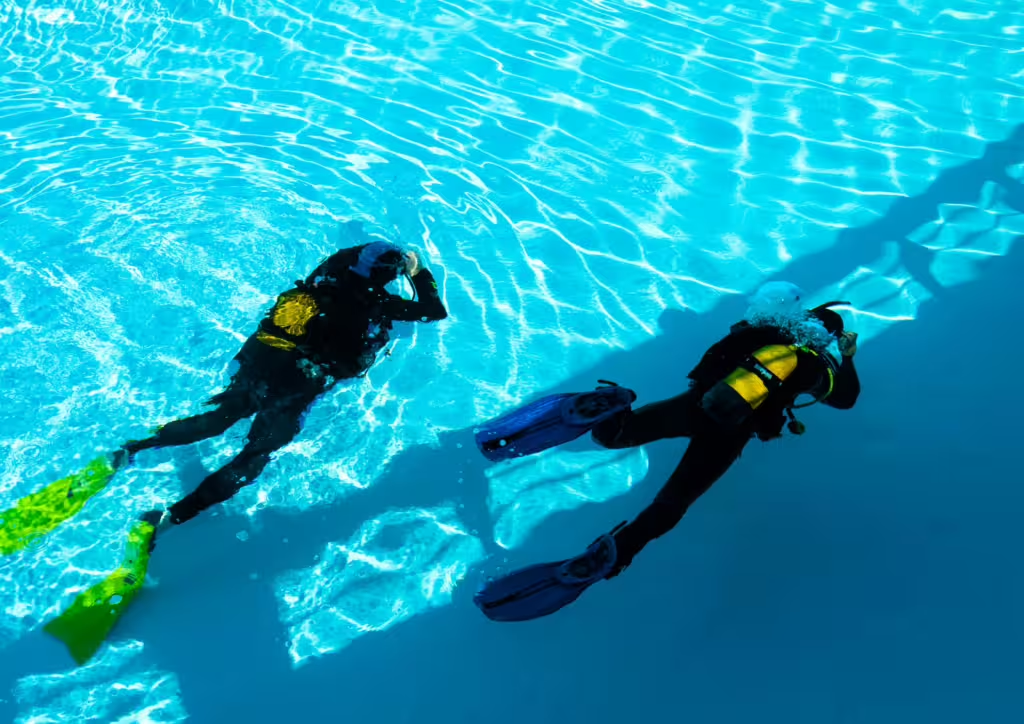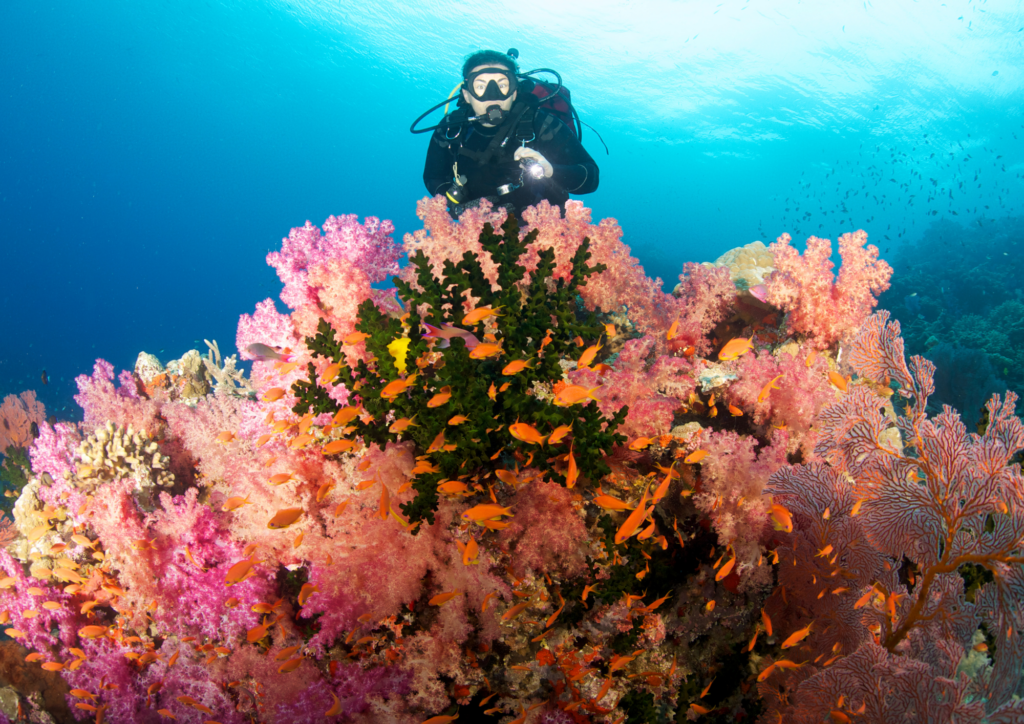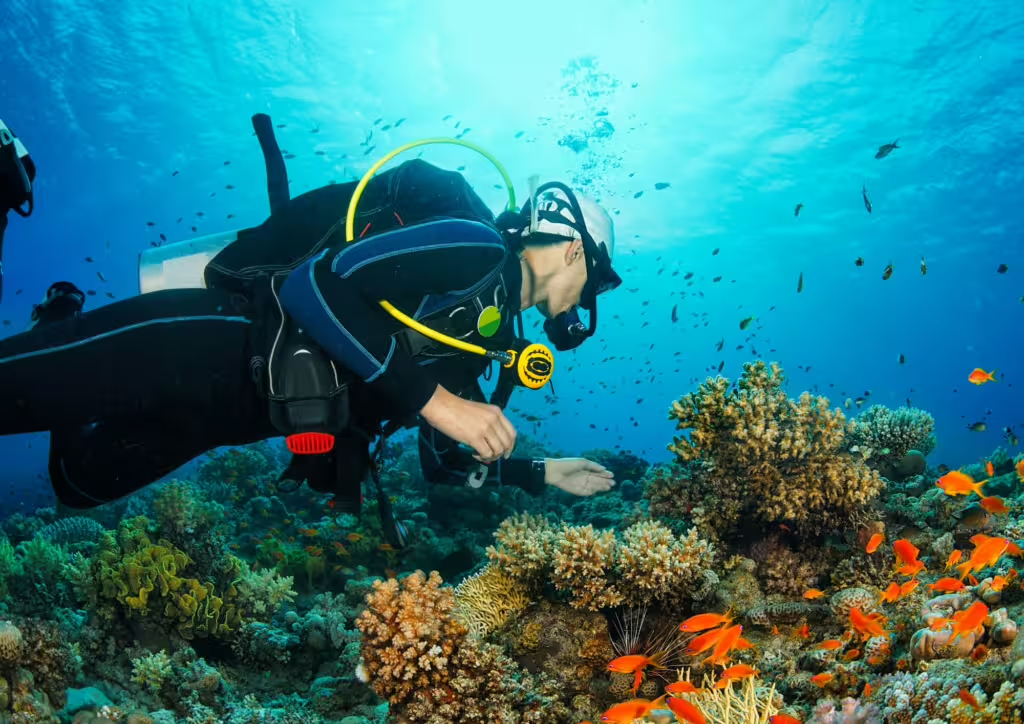Bali’s clear waters and rich marine life make it the perfect place to start diving. A Bali Open Water Diving Course gives you the skills and confidence to explore safely while enjoying coral reefs and tropical fish. Both SSI and PADI offer internationally recognized training, and choosing the right Bali Open Water Diving Course ensures quality education and safe diving. With expert instructors and stunning dive sites, a Bali Open Water Diving Course is ideal for beginners. By enrolling in a trusted dive shop, your Bali Open Water Diving Course becomes more than just certification—it’s the start of an unforgettable adventure.
Exploring the World of Diving Certifications
Getting certified is the first step toward safe and enjoyable diving, and a Bali Open Water Diving Course provides the perfect foundation. With certification, divers gain essential skills, access to top dive sites, and the confidence to explore Bali’s underwater world.
Both SSI and PADI offer excellent options for a Bali Open Water Diving Course. SSI provides flexible, hands-on training, while PADI follows a structured, globally recognized system. Each Bali Open Water Diving Course emphasizes safety, skill-building, and environmental awareness.
By comparing the two, you can choose the Bali Open Water Diving Course that best fits your style. Whichever you select, your Bali Open Water Diving Course is the gateway to unforgettable adventures beneath the waves.
What is SSI? Structure and Benefits of SSI Courses

Scuba Schools International (SSI) is a global leader in diving education, offering flexible and learner-focused programs. Choosing a Bali Open Water Diving Course with SSI allows students to combine online theory with practical training, so more time is spent exploring Bali’s reefs instead of in a classroom.
An SSI Bali Open Water Diving Course emphasizes safety, environmental awareness, and hands-on skills, making it ideal for beginners and advancing divers alike. The certification is globally recognized, ensuring your Bali Open Water Diving Course prepares you for dive centers worldwide.
By enrolling in a trusted provider, your Bali Open Water Diving Course becomes more than training—it’s the start of a lifelong connection with the ocean. With SSI’s approach, every Bali Open Water Diving Course enhances confidence, skill, and respect for marine life.
Understanding PADI: Structure and Benefits of PADI Courses
The Professional Association of Diving Instructors (PADI) is one of the world’s leading certifying organizations, known for its structured training and global recognition. Taking a Bali Open Water Diving Course with PADI means combining theory, pool sessions, and open water dives to build strong skills and confidence.
A Bali Open Water Diving Course under PADI emphasizes safety, environmental care, and step-by-step learning, making it perfect for beginners. With certifications recognized worldwide, a Bali Open Water Diving Course ensures you can dive at top locations across the globe.
Many dive shops recommend PADI, and enrolling in a Bali Open Water Diving Course gives you access to expert instructors, online resources, and a supportive community. Whether for fun or future adventures, a Bali Open Water Diving Course with PADI is the gateway to unforgettable underwater experiences.
Comparing Course Prices: SSI vs. PADI in Bali

When it comes to enrolling in a Bali Open Water Diving Course, one of the primary considerations for prospective divers is the cost associated with SSI and PADI certifications. Generally, both course structures offer competitive pricing, but there are noticeable differences that can influence your budget. On average, PADI courses might range from $400 to $600, while SSI tends to hover around $350 to $550. This initial tuition fee typically includes essential components like classroom instruction and confined water training.
However, divers should anticipate additional expenses, such as certification cards and insurance, which can vary between the two agencies and should not be overlooked in your budgeting process. Beyond tuition, equipment rental fees also contribute significantly to the overall costs of your certification. Some dive centers may include rental gear in the course fee, while others might charge separately.
For example, if you’re opting for PADI, you may find a facility offering a complete package for a higher upfront fee, including all necessary equipment. Conversely, certain SSI centers might allow you to bring your own gear, potentially saving you money long-term. It’s essential to inquire about these hidden expenses before committing to ensure you have a clear financial picture as you embark on your diving journey in Bali.
Recognition and Community: The Importance of Certification Credibility
In the world of diving, the credibility of your certification can significantly affect your diving experience, especially when choosing between SSI (Scuba Schools International) and PADI (Professional Association of Diving Instructors). Both certifications are widely recognized and respected in dive communities around the globe, but their acceptance can differ based on location.
For example, while PADI is considered the largest certification organization worldwide and often has more presence in popular dive spots, SSI certifications carry equal weight in many areas, particularly in Bali’s vibrant diving scene. Understanding the recognition of these certifications is crucial, as it may dictate which dive schools and instructors you can trust, as well as the availability of dive sites that recognize your training level.
Moreover, the implications of your certification choice extend beyond just the immediate dive destination. For travelers advocating for seamless experiences across various diving locations, having a certification with wide recognition can open doors. Whether you’re exploring the renowned coral reefs of Bali or venturing into more remote territories, ensuring that your certification is acknowledged will enhance your access to diving opportunities and safety.
Ultimately, choosing the right certification warrants careful consideration and research, as it does not only affect your ability to dive globally but also shapes your overall experience within the ever-expanding community of divers.
Choosing the Right Fit: Factors to Consider When Selecting Your Certification

When deciding between SSI and PADI for your Bali Open Water Diving Course, it’s essential to consider your personal learning style, future diving aspirations, and what you value in a certification agency. For instance, if you thrive in a more individualistic and hands-on learning environment, SSI’s approach may resonate more with you, as it emphasizes flexibility and personalized instruction.
Conversely, PADI provides a structured framework that might be appealing for those who prefer a more systematic learning path. Understanding your preferences will guide you toward the certification that aligns best with your education style and experience level, ultimately enhancing your learning journey in Bali’s vibrant underwater world.
Additionally, consider your long-term diving goals when choosing between SSI and PADI. If you plan to dive frequently or travel worldwide, researching how each certification is recognized in various locations is crucial. PADI is more widely acknowledged globally, which can be beneficial if you aim to dive internationally.
Meanwhile, SSI has built a solid reputation for high-quality training and safety standards. Take the time to evaluate the specifics—course structure, pricing, and the type of recognition your certification carries—so you can make an informed decision that not only serves your immediate needs but also supports your diving adventures for years to come.
Making Waves: Your Next Steps in Bali Open Water Diving
In conclusion, both SSI and PADI certifications offer excellent pathways for beginners to explore the mesmerizing underwater world in Bali. By selecting a course that aligns with your learning style and goals, you set the foundation for a safe and enriching diving experience. Remember, diving is not just a skill; it’s an adventure that opens the door to countless aquatic wonders and the vibrant marine life that Bali has to offer.
Whichever certification you choose, you can rest assured that you are embarking on a journey that will provide memories and experiences that last a lifetime. Ultimately, Bali serves as an incredible backdrop for your diving certification, with its crystal-clear waters and diverse ecosystems.
As you progress towards becoming a certified diver, you will cultivate a deeper appreciation for the ocean and its inhabitants. So gear up, take the plunge, and immerse yourself in the breathtaking beauty of Bali’s underwater paradise. The waves are calling, and your adventure awaits!

